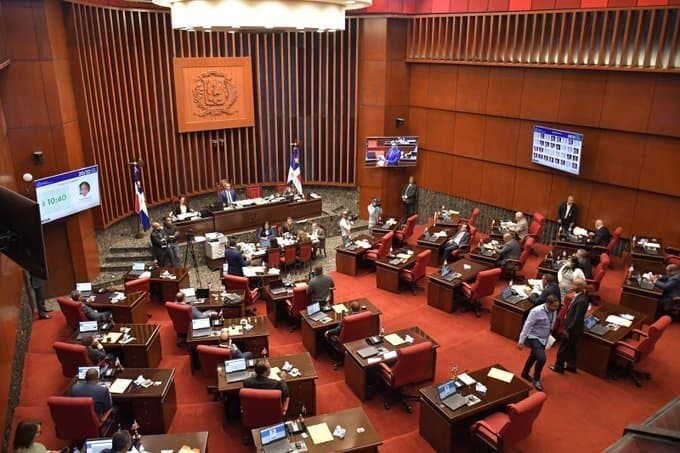Government the elaboration of the preliminary draft of the social security reform was completed and now comes a stage of analysis that will be carried out by the coalition parties. The document was based on the report made by the Commission of Experts on Social Security (CESS). Still without knowing the scope of the elaborated proposal, several specialists agreed that the figure of a independent regulator of social security will be a key factor in the new regime.
The National Association of AFAP (Anafap) compiled the opinions of several experts that were included in a document called Pension Reform: visions, expectations and future. The report contained the vision of the director of the Office of Planning and Budget (OPP), isaac alfie; the former intendant of Financial Regulation of the Central Bank (BCU), Joseph Lycandro; the president of the Caja de Profesionales, Virginia Romero; the head of the National Academy of Economy, Dolores Benavente; Exante’s partner, Pablo Rosselli; the director of Cifra, Mariana Pomiés; the political scientist Adolfo Garcé and the coordinator of the Investment Commission of the Municipality of Montevideo, Paul Ferreri.
One of the coincidences of those consulted was the need for there to be technical independence in the new regime.
In this sense, they marked the challenge of establishing the figure of an independent regulatory entity made up of professionals, who are not tied to a government period. That entity would be the supervisor of the entire retirement system, with independent control of the entire pension system. It could also carry out constant monitoring to detect if adjustments or changes are required.
Alfie He explained that having a figure with these characteristics would help “see some problems that may arise from unforeseen issues.” The director of the OPP indicated that “having people who look at the situation globally, all the time, is a good thing.” From his point of view, this entity should be just another public body, but technical and independent, without being part of the Central Bank or responding to the Executive Branch.
In the same line Licandro thought. “The regulator should be concerned with sustainability, with consistency in terms of coverage being what it should be, with fairness, and obviously controlling management,” he considered.
“This regulator has to be a strong regulator, because if it is not, institutionally it will not be able to carry out those controls,” said Licandro.
“It takes a specialized agencyinstitutionally strong, with autonomy and resources to be able to do the job with technical solvency, and that in Uruguay is not easy, because none of the regulatory agents we have has that technical strength, not even the Central Bank”, he concluded.
broad agreements
Another point of agreement between the participants was the need to achieve the broadest possible agreements so that the reform lasts over time. The experts emphasized that there should be no strong ideological aspects that stop the changes that are intended to be implemented. However, some were skeptical that the opposition would vote for the reform in this period of government.
Benavente stressed that the importance of having “awareness, because if the objective is to maximize the worker’s retirementThere can be no one to oppose it.” Rosselli expressed himself in the same sense. “If there is no agreement, it is simply because there is no political will,” he said.
Garcé argued that the reform is more complicated to carry out due to the number of interests of social groups and political parties.
Pomiés, for his part, indicated that only small modifications will be made that will not impact the underlying problem, because if that were the case, “not only does the government have to accept that it will have a cost and that people will be angry , but the opposition has to accept that it will also go against the speeches or the most immediate interests of some”.
The President of Anafap, Sebastian Peaguda, stressed that “Uruguay is a country recognized for its stability, the level of its democracy, the seriousness of the parliamentary discussion and the commitment to the public policies adopted. It is from these strengths that we must support and contribute to those who have the responsibility of building a framework for the development of social security”.
Blueprint
The Labor Minister, Paul Mieresreported this Wednesday that the preliminary draft of the social security reform is already finished and now it must go through a process of analysis of the coalition parties.
“Last year we had the recommendations that the Committee of Experts prepared, then came that very complicated and extensive work, which meant landing the recommendations in a legal text, which is extensive and covers all the issues that the recommendations touched on and that has just been finish its elaboration,” he told channel 10.
“Now comes a more political part, which is the analysis between the coalition parties about the content. Later, based on that agreement, eventually, hopefully (there will be) an agreement with the opposition as well,” he added.
In the last Council of Ministers, held at the end of June, the president Luis Lacalle Pouhad indicated to the cabinet that he was close to receiving the document and that the intention was to send it to Parliament during July.







